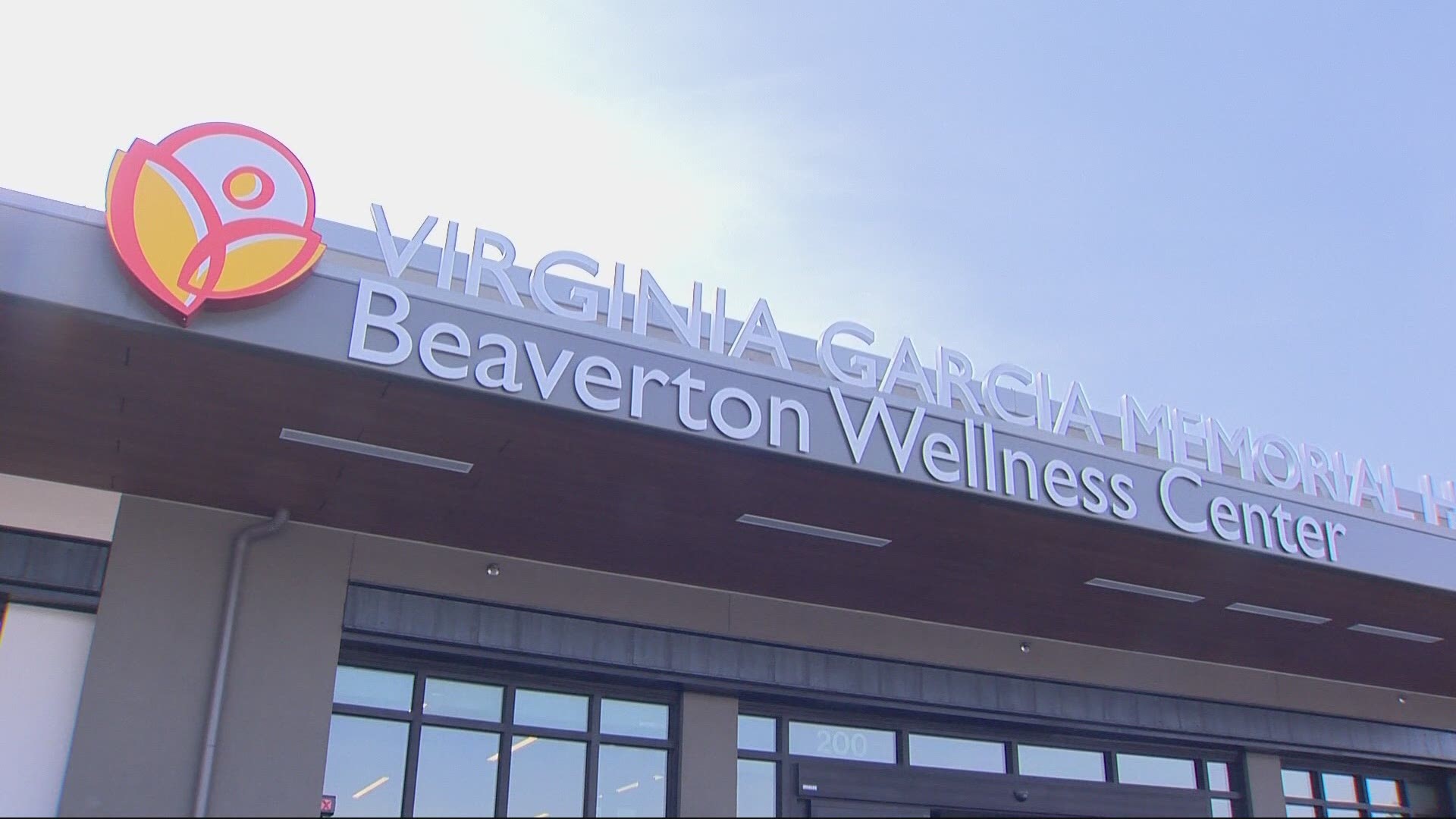PORTLAND, Ore. — Leaders from across Oregon sent a strong message Thursday: We need more urgency in vaccinating Latinos.
It's a matter of life and death, and they say the Latinx community has been left behind.
Data from the state shows Hispanics account for only 6% of vaccinations in Oregon. They make up one-third of COVID-19 cases but 13% of the state's population.
Farmworkers and essential front-line workers have been hit hardest by the virus. They were just recently made eligible to receive the COVID-19 vaccine.
Community organizations, elected officials and health care providers working with the Latinx community came together for a press conference and shared frustration about the rates. It was hosted by Latino Network.
Multiple leaders called on health care systems and the state and federal governments to step it up.
"The question that has gone unanswered is why have vaccines not been prioritized for members in our community who carry the most burden of the virus?" Oregon Latino Health Coalition Executive Director Olivia Quiroz said in the virtual press conference.
"Addressing all of these potential barriers to vaccination, it can be done. We have seen it here in the state of Oregon and across the nation. We know we can do a regional approach and get vaccines to our communities," Quiroz added. "However, doing so will require intentional and deliberated action, and that's why we're here today."
While Oregon Gov. Kate Brown said racial equity would be top priority in vaccine roll-out, these leaders say the eligibility timeline doesn't reflect that.
The Latinx community faces several barriers: many are essential workers and can't make appointments during the day; they can't get to vaccination sites or access technology to sign up for appointments; they lack access to information about vaccines and where to find one; they fear requests to show their I.D. or proof of insurance; and events - particularly mass vaccination sites - don't have trusted messengers who speak their language.
The state said it's given organizations millions of dollars in funding, and it's provided federally qualified health centers (FQHCs) more vaccine, such as Virginia Garcia Memorial Health Center and Multnomah County Health Department.
But community leaders say it's not enough.
"The organizations that serve them best have not been given the resources that they need to help get their communities get vaccinated. And this is unacceptable," Multnomah County Chair Jessica Vega Pederson said.
"Community advocates, elected officials and those on the front lines of the war against COVID have raised this issue with state leaders for months now. We've been asking for additional resources for community-based organizations, we've been asking for better communication between the state and Latinx communities. And we've been asking for more direct allocation of vaccines to our counties so we can implement these programs directly," Vega Pederson added.
The group is calling on the government to create a strategy and listen to their recommendations, which include:
- Create a solid goal and benchmark for the number of Latinx people who will be vaccinated moving forward.
- Reduce registration barriers by funding a Spanish-language registration hotline, together with culturally specific organizations.
- Partner with organizations in planning and holding community vaccination events in familiar, nearby areas.
- Financially support culturally specific organizations to staff Latinx community vaccination events.
- Health care systems should prioritize equity and outreach to their Latinx patients.

